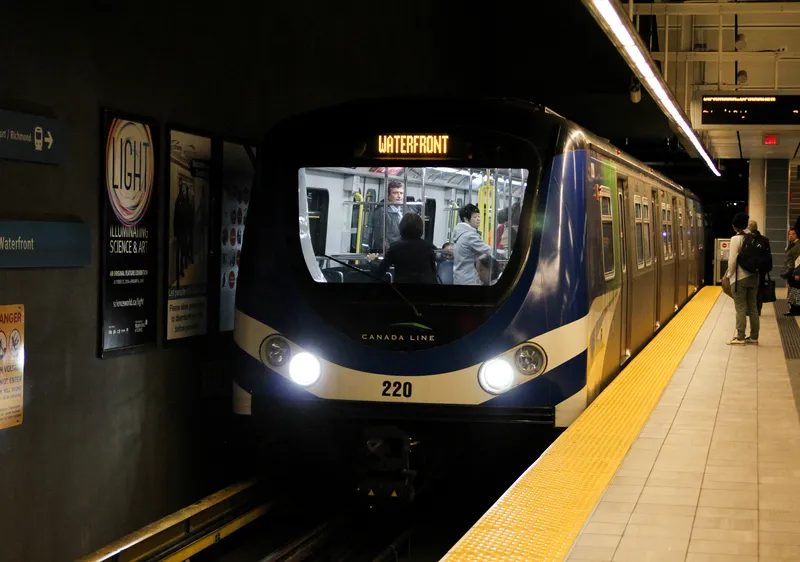The government of Canada will invest CAN1.2m into the South Coast British Columbia Transportation Authority’s (
Bus manufacturers New Flyer Industries and Nova Bus will develop the electric transit buses while ABB and Siemens will develop the chargers. These companies will also evaluate the products’ interoperability and performance.
Additionally, the government has invested CAN182.5m to support the development of electric chargers, natural gas and hydrogen refuelling stations, the demonstration of new charging technologies and the advancement of codes and standards.
Kevin Desmond, CEO of TransLink, said: "Mass transit has always scored high as a sustainable way to move large numbers of people, but many transit vehicles still use carbon-based fuels. Today, almost half our bus fleet runs on cleaner technology including our electric trolley, hybrid diesel and natural gas buses. With this fast-charge, battery-electric trial, TransLink is getting the on-the-ground experience we need."
Canadian government invests in electric bus infrastructure
The government of Canada will invest CAN1.2m into the South Coast British Columbia Transportation Authority’s (TransLink’s) demonstration project to install overhead charging stations for electric buses in Vancouver. The fund follows a commitment to support initiatives that provide citizens with more options for clean driving. Bus manufacturers New Flyer Industries and Nova Bus will develop the electric transit buses while ABB and Siemens will develop the chargers. These companies will also evaluate the
April 26, 2018
Read time: 2 mins









